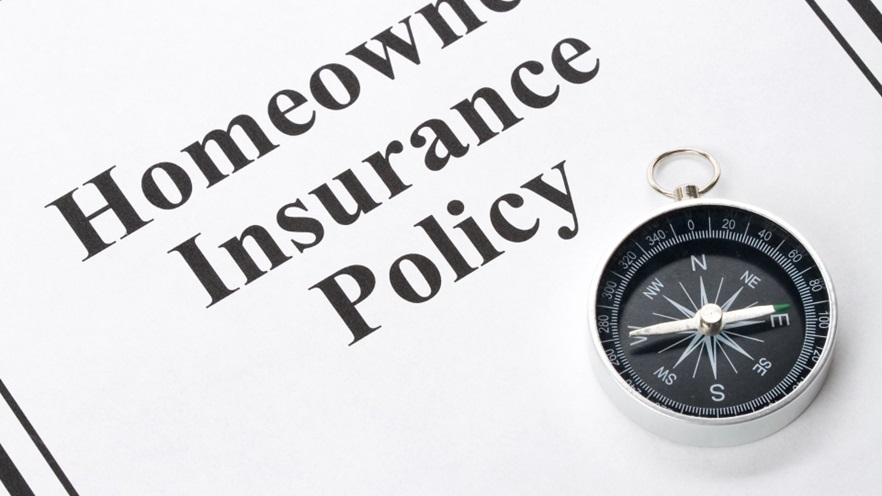
In this age of uncertainty, having a comprehensive insurance policy for your home can provide peace of mind and financial stability. One of the most crucial aspects of homeownership is obtaining the right homeowner’s insurance. But what does homeowners insurance usually cover and exclude? This article will delve into the typical coverage and exclusions seen in homeowners’ insurance policies so that you can make an informed decision.
What Homeowners Insurance Typically Covers?
In general, homeowners insurance offers coverage for the following four areas:
1. Dwelling
Your insurance policy will usually cover damages to your home, including the main structure and attached structures (such as garages). This coverage extends to damages caused by natural disasters, fire, vandalism, and other perils specified in your policy.
2. Personal Property
Personal property coverage includes the contents of your home, such as clothing, furniture, and appliances. If your belongings are stolen, damaged, or destroyed by a covered peril, your insurance will help you replace or repair them.
3. Liability Protection
Liability coverage is essential as it protects you against legal and medical expenses resulting from accidents or injuries that happen on your property. For instance, if someone slips and falls on your porch, your insurance will cover the cost of their medical expenses and any legal fees involved if they sue you.
4. Additional Living Expenses
If you’re unable to live in your home due to extensive damage caused by a covered peril, your homeowners insurance will usually cover additional living expenses. This includes costs such as hotel stays, food expenses, and other necessary costs.
Typical Exclusions in Homeowners Insurance
While homeowners insurance provides extensive coverage, some things are typically excluded from the standard policy. Understanding these exclusions is essential to ensure you have complete coverage. Common exclusions include:
1. Floods and Earthquakes
Natural disasters like floods and earthquakes are typically not covered by standard homeowners insurance policies. Separate policies need to be purchased if you live in an area prone to these events. This is true even if the damage is caused by something indirectly related to a flood or earthquake, such as mudslides and sinkholes.
2. Maintenance-Related Damage
Your homeowner’s insurance will not cover damage resulting from poor maintenance or general wear and tear. You are expected to regularly maintain and repair your home as needed. Further mold can be a common problem in homes but is not typically covered by standard homeowners insurance. Some policies may offer limited mold coverage, but it is crucial to read the fine print to understand if homeowner insurance covers mold. This way, you can be sure that your home is adequately insured against any potential damage.
3. Home Business
If you run a business from your home, your homeowners insurance may not cover damages or liability related to the business. In these cases, you may need to purchase additional coverage specifically for your home business.
To Sum Up
Having a solid understanding of what homeowners insurance typically covers and excludes is essential when shopping for the best policy for your needs. Ensure you take the time to discuss your specific requirements with a professional for homeowners insurance in Decatur, GA. This way, you can make sure your home and belongings are protected in the event of damage or loss. By doing this, you will be taking a responsible and proactive step to safeguard your home and its contents for years to come.
